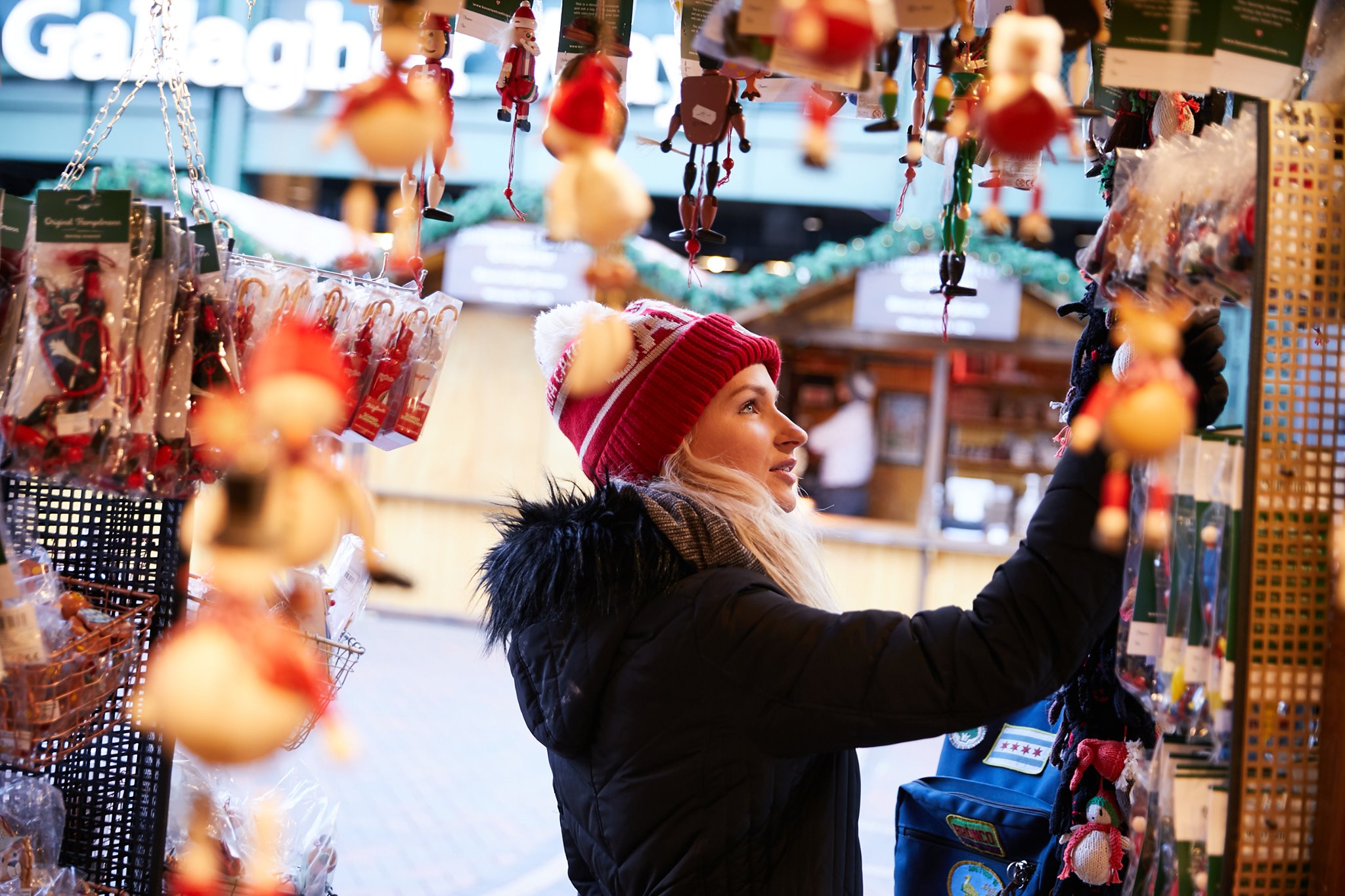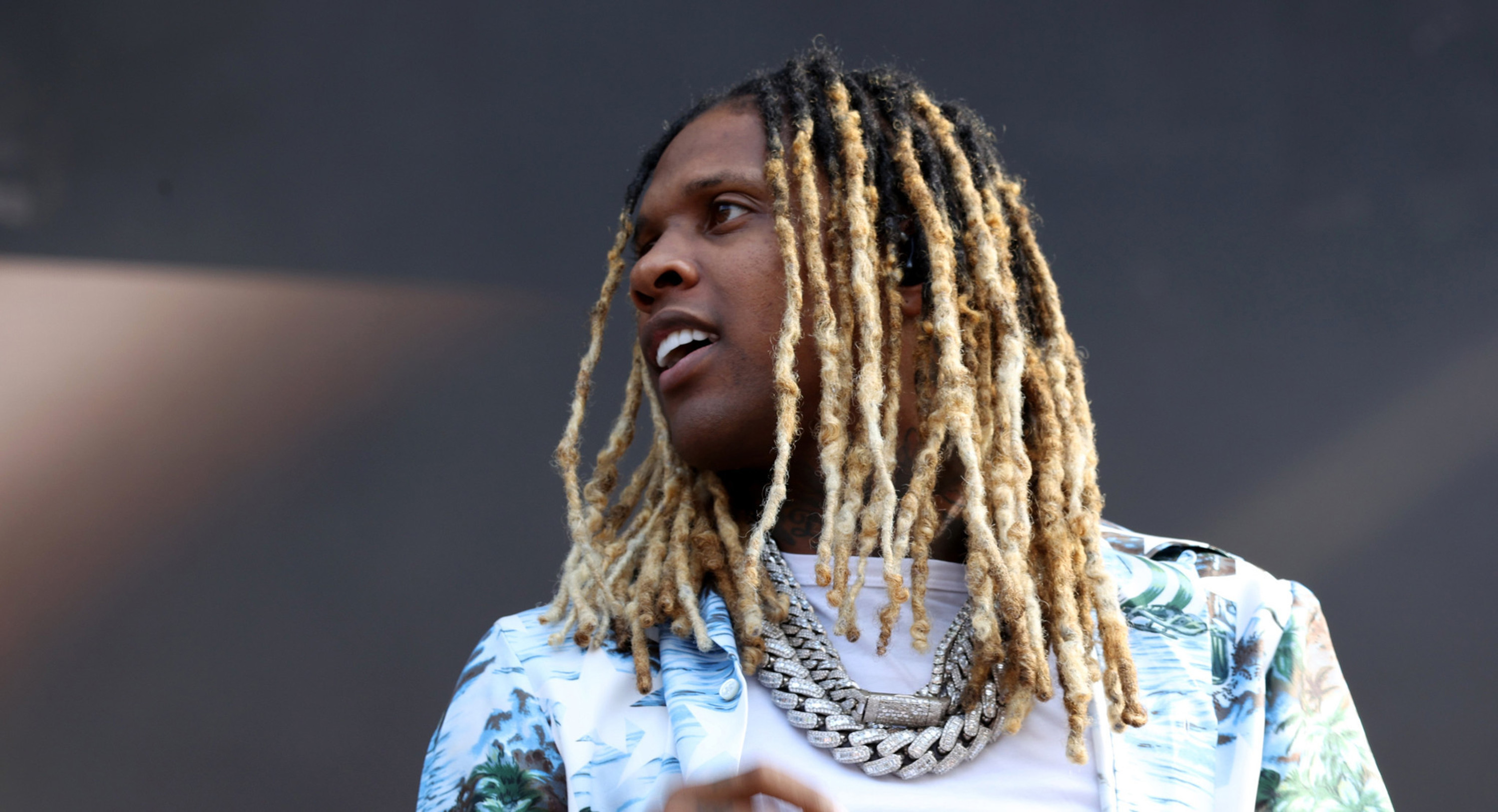Chicago emergency dispatchers received roughly 65,000 calls to 911 in a 24-hour period as protests, looting, vandalism and violence gripped the city Sunday, Mayor Lori Lightfoot said.
That figure was more than 50,000 calls than dispatchers typically receive in that time frame, Lightfoot said Monday during a news conference to discuss the weekend unrest.
"Of course nothing is typical about these times," Lightfoot said. "To be clear, as the day wore on, every half hour there were 1,000 calls. Late afternoon and evening, those calls reached over 2,000 calls every 30 minutes."
Lightfoot said between Friday and Sunday, there were about 10,000 calls for looting alone.
"The police department was responding to these calls as best they could," she continued. "The challenge was, it was everywhere. Everywhere.
"If we had a police department three times the size, we would've had a difficult time responding," Lightfoot added. "This is an all-hands-on-deck moment and not just for law enforcement but also for city government and also for you."
Sunday marked the third consecutive night of protests in Chicago calling for justice after Minneapolis police killed George Floyd earlier in the week in an incident captured on cellphone video.
Local
While many demonstrations remained largely peaceful, looting and vandalism also erupted in Chicago area Saturday and Sunday nights, with windows broken, stores ransacked, fires set and more.
Authorities said at least 240 people were arrested, six people were shot, one fatally, and 20 officers were injured, some requiring hospitalization, on Saturday night.
After Saturday's activity, largely concentrated in the city's downtown area, Chicago officials shut down most roads and transit service into the Loop to everyone except residents and essential workers.
Gov. J.B. Pritzker also activated a contingent of the Illinois National Guard to Chicago at Lightfoot's request early Sunday. With access to the city's downtown area restricted, the largely peaceful protests as well as the looting and vandalism spread to other parts of the city and the surrounding suburbs.
Chicago and several suburbs put a curfew in place, shut down transit altogether and advised residents to stay home as the unrest continued.



